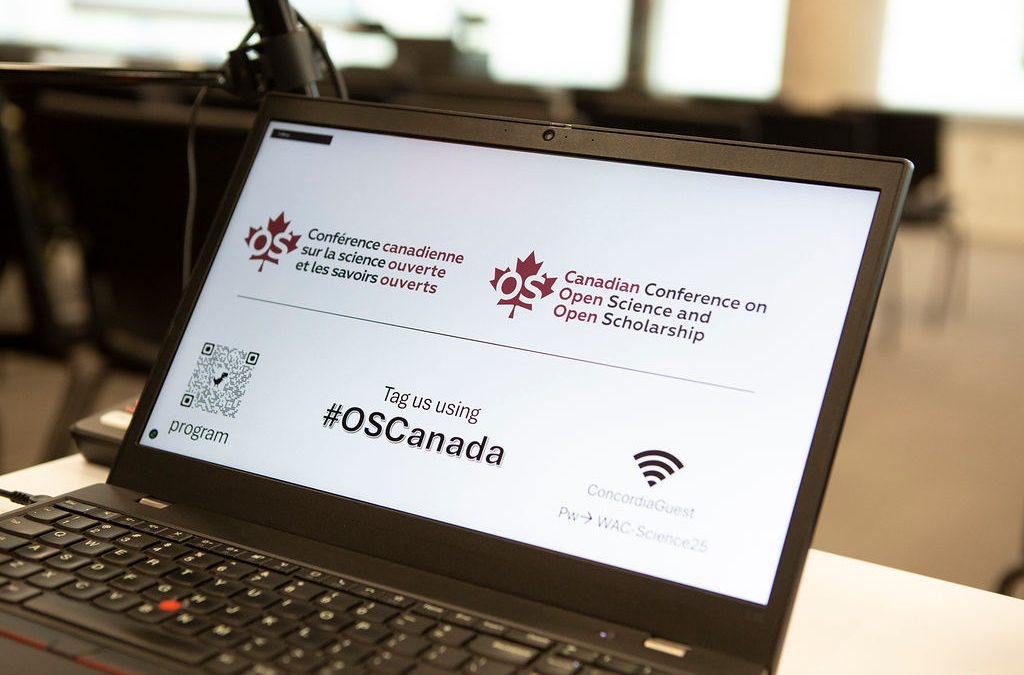
by Alan Colin Arce | 12 January 2026 | English, Insights and Signals Reports
This report examines some of the challenges facing French-language scholarly publishing in Canada, despite the country’s official bilingual status since 1969. Key takeaways include the federal government’s significant investment ($4.1 billion Action Plan with $8.5 million specifically for French research infrastructure), Quebec’s leadership through Érudit’s digital publishing consortium and the FRQ’s $10 million commitment to a collaborative network for francophone journals, and comprehensive recommendations for reforming research evaluation practices to better value multilingual scholarship and support the transition to diamond open access models that can sustain French-language publishing in Canada.

by Alan Colin Arce | 1 December 2025 | English, Insights and Signals Reports
This insights and signals reports on the First Canadian Conference on Open Science and Open Scholarship. Items discussed in this report include the Participation of INKE partners in the First Canadian Conference on Open Science and Open Scholarship and key takeaways from the event

by Britt Amell | 24 November 2025 | Community News, English
This post introduces the Policy research scan, available open access via the Open Scholarship Press.. The Policy research scan follows and reflects policy developments related to open scholarship in Canada and beyond, analyzing policy changes and their relevance to researchers, information professionals, librarians, faculty, and policymakers. With roots in the Open Scholarship Policy Observatory, this resource takes a Canadian focus and an interest in the humanities and social sciences (HSS), but it takes a broad view, considering open scholarship as an international and interdisciplinary movement.

by Britt Amell | 17 November 2025 | Community News, English
This post introduces the Training research scan, available open access the Open Scholarship Press. The Training research scan focuses on identifying innovative training strategies and approaches that can improve digital literacy, information-seeking, and knowledge production for students, researchers, industry, and engaged members of the public.

by Britt Amell | 3 November 2025 | Community News, English
This post introduces the Connection research scan, available open access via the Open Scholarship Press. The Connections research scan covers topics pertinent to the knowledge commons, including how it has been conceived historically, how it has evolved in recent years, and how scholars are thinking about its implementation now.

by Britt Amell | 27 October 2025 | Community News, English
This post introduces the Open Scholarship Press, and the ‘Community’ research scan by Arbuckle et al. (2023). The Open Scholarship Press makes relevant open social scholarship research and output available openly to academics and non-academics alike. The ‘Community’ research scan aims to collect and summarize recent thinking on public engagement, open social scholarship, and scholarly communication.






